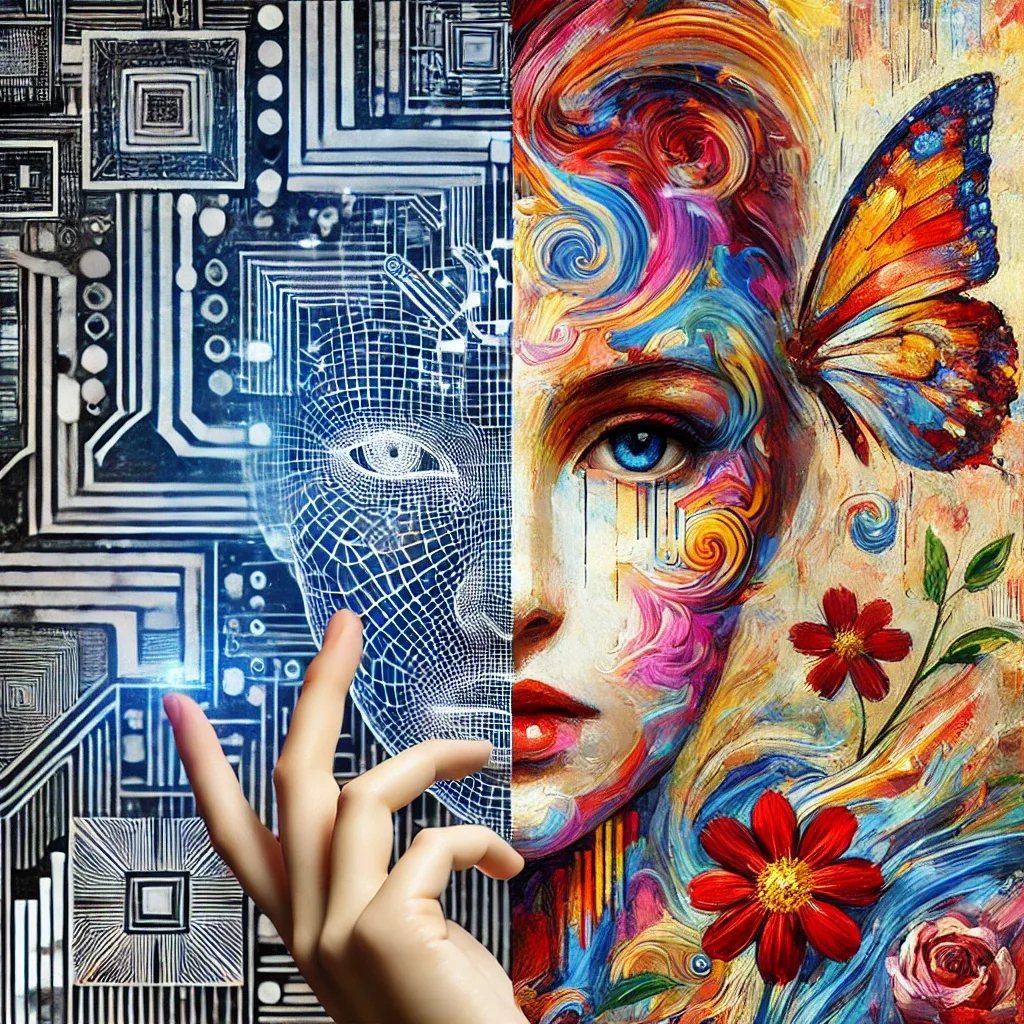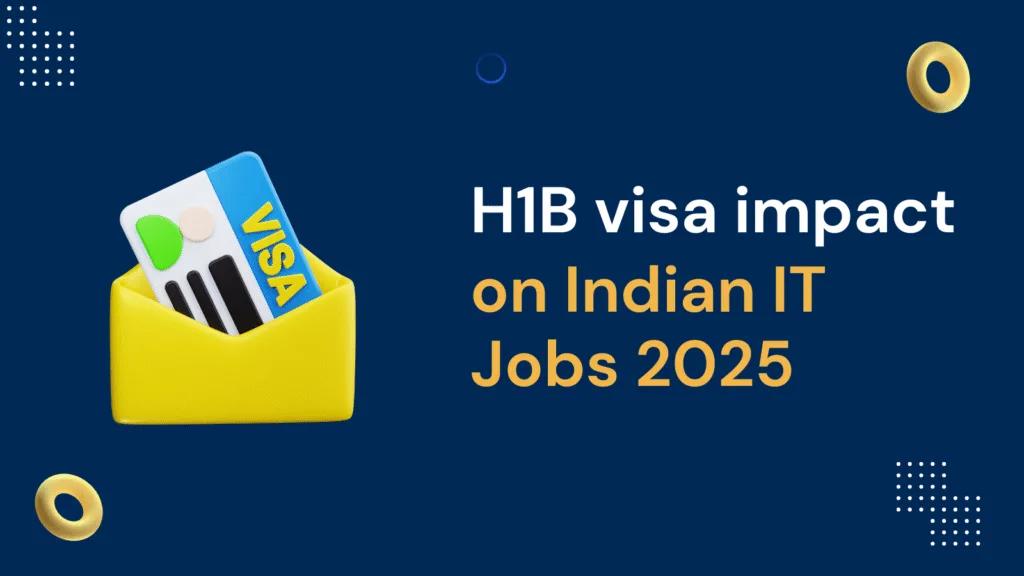Jobs AI Can’t Replace: Roles That Need a Human Touch
Written by: Rajat Bhardwaj
The fear that “AI will take away jobs” is widespread. With rapid advances in artificial intelligence, we see machines performing repetitive, data-driven tasks faster and more accurately. It’s hard not to wonder: Is my job at risk? While AI will likely replace many roles, some jobs require a uniquely human touch. Let’s explore these irreplaceable roles and why they’re here to stay.
What AI Can and Can’t Do
First, let’s look at what AI does well. AI excels in tasks involving large datasets, pattern recognition, and repetitive processes. Jobs with predictable, rule-based work are more vulnerable to automation. This includes tasks like data entry, routine customer service, or even basic content creation. But roles that require empathy, creativity, problem-solving, and human connection are much harder to automate.
Jobs AI Can’t Replace: Why Certain Roles Need Humans
Let’s dive into the roles that are safe from automation and why these jobs are likely to remain secure in an AI-driven future.
1. Creative Professions (Artists, Writers, Designers)

Creativity is a distinctly human trait. While AI can generate art, compose music, and even write articles, true creativity involves unique inspiration, emotional depth, and storytelling. Real creative work goes beyond just creating visually pleasing content. It’s about making an emotional impact. AI-generated art may look impressive, but it lacks the human experiences and nuances that bring depth to art.
Example: AI tools like DALL-E and GPT can create images or text, but they lack the emotional insight that a human designer or writer brings.
For those in creative roles considering a career shift, building a resume that highlights creative problem-solving skills is essential. Here’s a guide on how to showcase your skills for a career transition.
2. Healthcare Workers (Doctors, Nurses, Therapists)

AI can assist in diagnosing diseases, analysing data, and even performing surgeries. But healthcare is much more than procedures. Patients need empathy, understanding, and a human connection. A nurse comforting a patient or a therapist understanding the emotions behind a patient’s words—these interactions are irreplaceable. AI may support healthcare professionals, but it cannot replace the compassion required in these roles.
Insight: According to Harvard Business Review, AI empowers doctors but doesn’t replace them.
3. Education Professionals (Teachers, Counsellors)

Imagine a classroom run entirely by AI. While AI can help personalise learning plans and automate assessments, real learning involves trust, empathy, and nurturing curiosity. Teachers don’t just deliver knowledge—they inspire students and adapt to each student’s needs. This level of connection is something AI cannot replicate.
Example: Many universities use AI for administrative tasks, but the essential role of mentorship remains with educators.
To thrive in this field, it’s crucial to stay updated with relevant skills. Here’s a list of top tech skills to learn to remain competitive in a tech-driven world.
4. Social Workers and Psychologists

Jobs that require active listening, empathy, and understanding people’s emotions are irreplaceable by AI. Social workers and psychologists not only address problems but also connect deeply with each individual. This level of emotional intelligence and empathy is beyond what AI can achieve.
Insight: AI chatbots can offer initial support but can’t replace human therapists for complex mental health care needs.
5. Managers and Strategic Decision-Makers

AI can process data and suggest optimizations, but big-picture decision-making requires human judgement. Strategic roles that involve critical thinking, foresight, and adaptability are tough for AI to handle. Managers consider nuances in human behaviour, market trends, and cultural contexts—areas where AI insights are still limited.
Example: Business leaders make decisions based on more than data. They consider market sentiment, stakeholder values, and evolving trends.
Why AI Will Complement Rather Than Replace These Jobs
Instead of fearing that “AI will take away jobs,” think of AI as a powerful tool to enhance human abilities. In healthcare, for instance, AI can help doctors analyze complex datasets faster, allowing for more accurate diagnoses. In education, AI automates administrative work, freeing up teachers to focus on their students. Even in creative fields, AI handles repetitive tasks, leaving more room for artists to explore new ideas.
Tips for Staying Relevant in an AI-Driven World
Here are some practical steps to remain valuable in a world where AI is advancing rapidly:
- Focus on Emotional Intelligence (EQ): AI lacks empathy. Strengthen interpersonal skills, valuable in management, healthcare, and social work.
- Build Creativity and Critical Thinking: AI excels at logic, but creative problem-solving is human territory. Engage in activities that foster creativity.
- Embrace Lifelong Learning: AI and technology are evolving. Stay updated with the latest trends and learn to work alongside AI rather than fearing it.
- Develop Soft Skills: Communication, teamwork, and adaptability are crucial. Soft skills are hard to automate and essential in every field.
Final Thoughts
The fear that “AI will take away jobs” is natural. However, some roles require a distinctly human touch and will remain safe. As AI integrates further into our lives, remember: it’s a tool, not a replacement. By focusing on the areas where humans excel, we can build careers that AI cannot replace.
So, while AI is changing the landscape of many industries, jobs requiring empathy, creativity, and complex human interaction are here to stay. Keep growing, stay adaptable, and remember—technology is meant to support us, not replace us.

